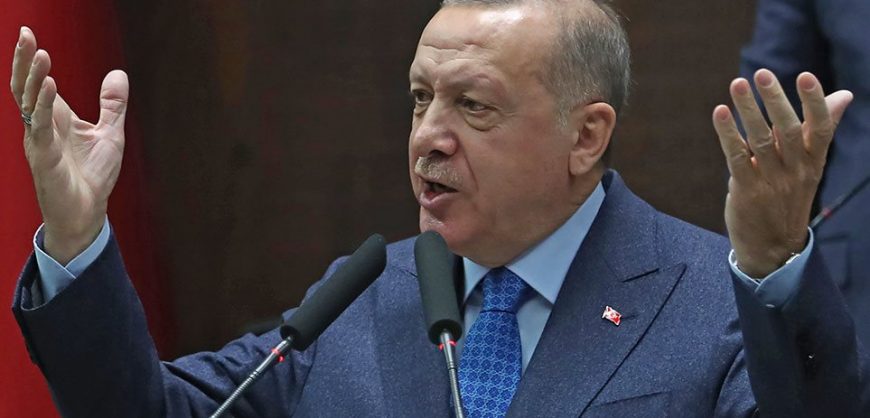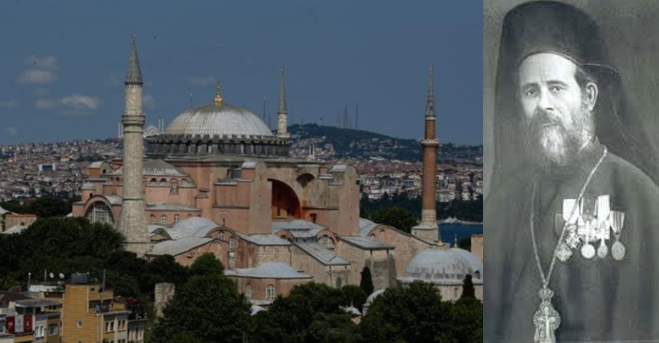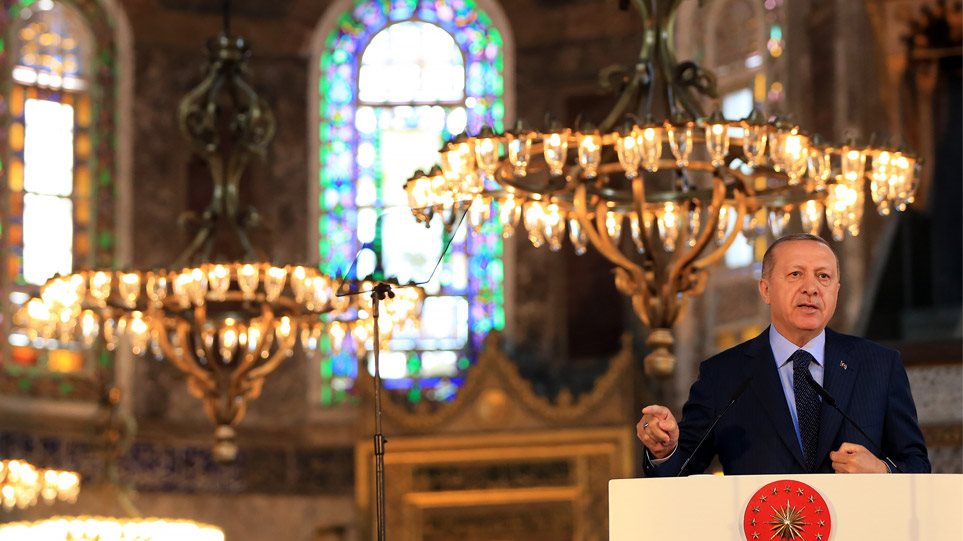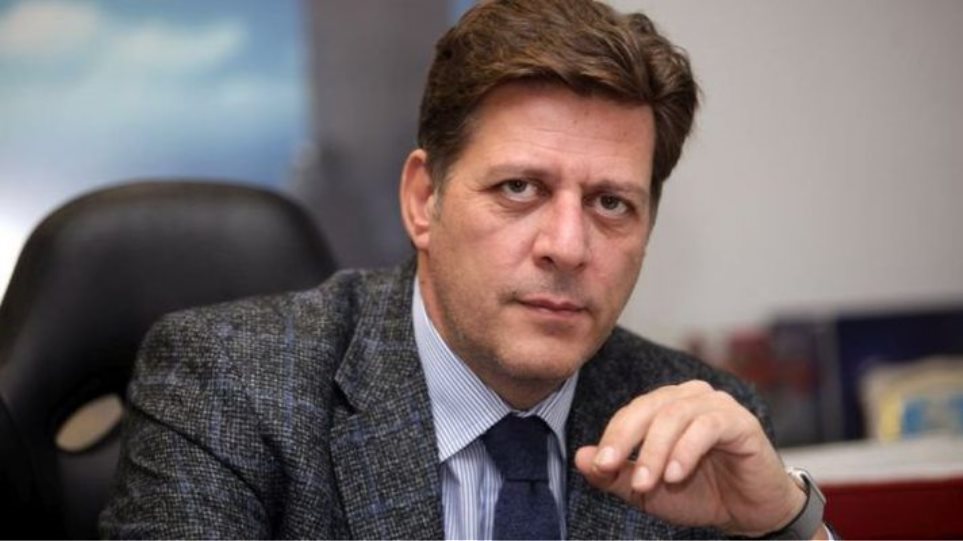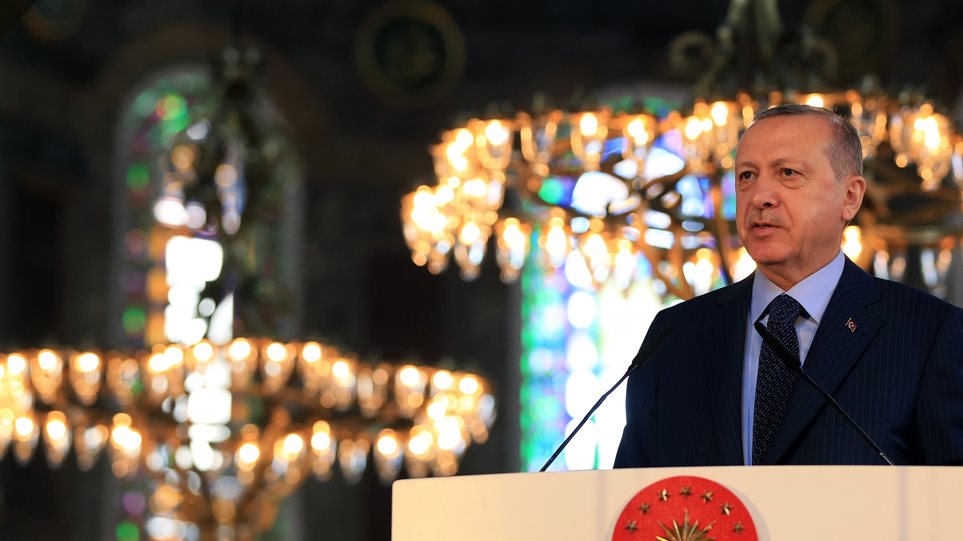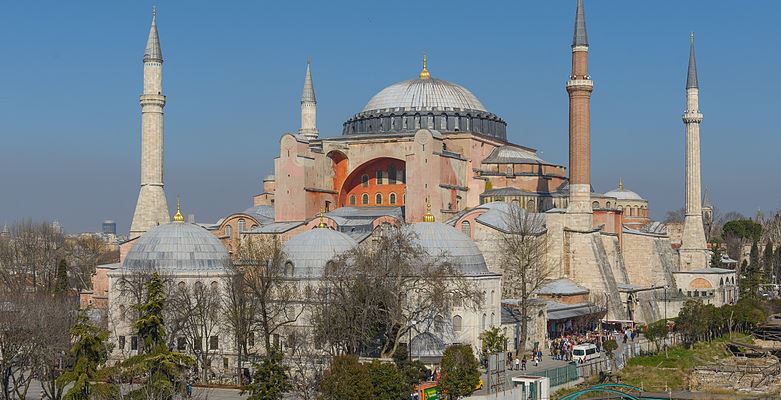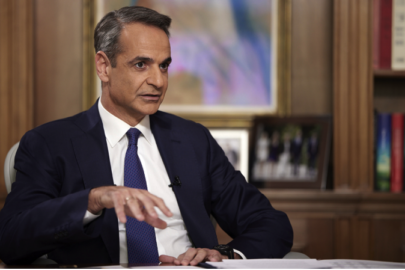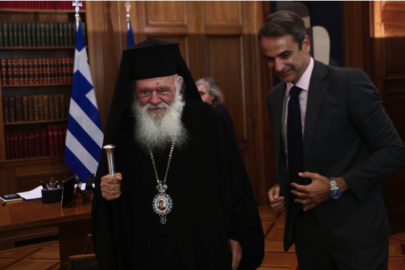“Bowing down to the ground, he poured a handful of dust over his turban as an act of humility to God. Then he stepped inside the wrecked church… As he walked across the great space and stared up at the dome, he caught sight of a soldier smashing away at the marble pavement. He asked the man why he was demolishing the floor. For the ‘Faith’, the man replied. Infuriated by this visible defiance of his orders to preserve the buildings, Mehmet struck the man with his sword. He was dragged off half-dead by Mehmet’s attendants.”
This is how Roger Crowley describes in his book, Constantinople: The Last Great Siege 1453, Mehmet the Conqueror’s first encounter of Hagia Sophia, or Ayasofya in Turkish.
It’s more than 500 years after the Sultan victoriously entered Constantinople, today’s Istanbul, yet it’s the same idea of “Faith” that is being presented as a pretext to wreck the legacy of the 6th century Byzantine structure as a museum.
On Thursday morning, Turkey’s highest administrative court convened to hear a lawsuit demanding the Hagia Sophia’s conversion to a mosque and said it would issue its ruling within 15 days. The petition was filed by a conservative far-right association and supported in court by the office of the president, Recep Tayyip Erdogan.
It is not a new attempt – but comes with a stronger political twist.
Over the years, the debate around the World Heritage Site’s status served as fodder for the election campaigns of religious ultra-nationalists and for the pro-Islamic Justice and Development Party government, which has ruled Turkey for 18 years but now needs to shore up flagging popularity. Promises to rebrand the museum as an Islamic place of worship are popular with conservative voters, while also serving to deflect from issues like an economy hit hard by the coronavirus outbreak.
The monument that served as the center of Christianity for 900 years and as a mosque for 500, holds a strong symbolic importance beyond its terracotta-hued walls.
The government tested the waters on changing its status in May, when the Turkish Religious Affairs Directorate led a Quranic reading at the Hagia Sophia to commemorate the anniversary of the conquest of Istanbul. “To me, it shows that the government, or Erdogan, is no longer capable of producing new politics, or projects to stimulate or mobilize the public, so they revert to Hagia Sophia as the last resort in hand,” Rusen Cakir, an expert on political Islam, said on Medyascope TV.
Israel’s missile force could easily kill millions of people in minutes
Whether the court rules in 15 days for the monument to serve as a mosque or not, the numbing effect of the controversy would last only a short while before the public would be left with the stark reality that the economic downturn of the last two years has left them poorer.
Cakir’s view is supported by recent polls. More than 40 percent of 1,537 participants in the Turkey Report by Istanbul Economy Research named the economy as their primary issue, followed by 19 percent who were concerned about unemployment.
The Turkish economy was already fragile before the pandemic. After the outbreak of coronavirus, the Turkish lira hit another low of 7 Lira to the dollar while unemployment in the population of 81 million was expected to soar to more than 16 million, a recent report by DISK, one of Turkey’s largest labour unions, warned. In another survey, by Ankara-based MetroPOLL in June, 44 percent of 1,300 participants agreed that the debate circling around the Hagia Sophia was primarily about diverting public attention away from the economic crisis, with only 29.5 percent taking the move as a religiously motivated one.
In a savvy political move, the main opposition Republican People’s Party (CHP) which represents Turkey’s secular tradition, didn’t engage with the matter. This caught many, including government circles by surprise, analysts stated. It was, after all, Mustafa Kemal Ataturk, the founder of modern Turkey and the CHP, who signed the cabinet decree in 1934 for the Hagia Sophia to become a museum.
Refusing to engage in the argument with Erdogan – that the pious masses were victimised by the secular elite – did not bolster the leader’s cause. Not this time. “Erdogan’s argument on victimisation of the pious no longer sells because even his core base knows that, after 18 years in power, they run Turkey now,” said Soner Cagaptay, Director of Turkish Research Program at The Washington Institute for Near East Policy. “It is actually non-conservatives, liberals, those wanting to keep religion out of politics, who are now victimized.”
While the Hagia Sophia seems to have lost its political appeal at home, international reactions mounted, focusing on the cultural importance of the site. The US secretary of State, Mike Pompeo, called the site “a testament to religious expression and to artistic and technical genius, reflected in its rich and complex 1,500-year history” on Wednesday, calling for the UNESCO heritage site to remain a museum, accessible to all.
More than 200 international scholars of Byzantine and Ottoman history and art issued an open letter the same day, raising concerns about the possibility that “historical and archaeological evidence could be damaged, and works of art concealed” if the museum were to be converted to a mosque. “How can you stretch a curtain from one apsis to another to cover the angels’ faces?” Zeynep Ahunbay, one of Turkey’s leading scholars of antiquities, said in reference to pro-government voices offering solutions to hide figurative wall designs prohibited in Islamic shrines. “The visionary approach of the 1930s opened the structure to everyone’s eyes and reach. The attempt to reopen it as a mosque in 2020 would be going backward.”
Even Erdogan himself questioned the need for another mosque in Istanbul’s historic quarter, already dotted with shrines of all sizes. “This has a political aspect, side to it,” the president said just last year, criticizing demands to reinstate a mosque at the Hagia Sophia. “You wouldn’t be able to fill up the Blue Mosque just beside it but suggest filling up the Ayasofya. Let’s not be deceived by these tricks.”
Technical and political issues aside, the debate over stripping back the historical layers of Turkey’s greatest monument is a bitter reminder of what the country has already lost: its image as an open, cross-cultural Muslim society that has faded in recent years as the government rolled back democratic rights.
Source: The Independent

